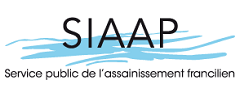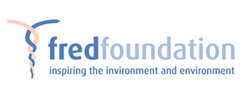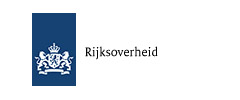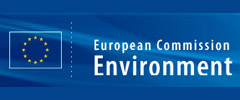DuPont, Teflon and a multi-billion dollar charge
Multibillion dollar charges for company DuPont on PFOA, a key ingredient in Teflon used for non-sticky frying pans.
11.05.2005 |Sascha Gabizon
animals around the globe and has shown to cause cancer in animal tests.
DuPont settles in Teflon case - Company accused of not reporting health risks
Wilmington News Journal, Delaware By Jeff Montgomery 05/07/2005
The DuPont Co. and the Environmental Protection Agency have tentatively agreed to a multimillion dollar settlement of charges that the company failed to report health and pollution risks from a chemical used to make Teflon and other nonstick and stain-resistant products. Although both sides declined to release details Friday, DuPont set aside $15 million to cover penalty costs in the case, the company disclosed. DuPont's potential liability had been estimated at more than $300 million when the complaint first surfaced. EPA officials ruled out a push for the maximum penalty last year.
In a separate development, DuPont on Friday announced an offer to share technologies that can reduce emissions of perfluorooctanoic acid, or PFOA -- a key ingredient in Teflon. The company already had committed to drastic reductions in release of the chemical -- found at low levels in the blood of humans and animals around the globe - from its own operations. It has agreed to allow other companies to use the same technology without charging them a royalty fee.
PFOA, also sometimes labeled C-8 by DuPont, causes cancer in laboratory animals and lingers in the environment. Intensive government and industry studies are under way to determine if exposure increases human cancers, reproductive problems or other health disorders. 'Multiple failures' The EPA in July accused DuPont of "multiple failures" to report information about substantial risk to human health or the environment from June 1981 through March 2001. All of the complaints involved delays or omissions in disclosures about PFOA and indications of the compound's potential toxicity.
Some of the EPA charges focused on the company's handling of a finding in 1981 that PFOA had jumped from the blood of a pregnant female employee to her unborn child. Hockessin-area resident Jerie Kunitsky said late Friday that she has allowed some reports about exposure to PFOA, but has not taken any steps to avoid products that require the compound for production. "The people I've talked with seem to be pretty sure it's safe," said Kunitsky, whose husband is a DuPont retiree. "I'm paying attention to it." Final resolution of the federal enforcement action depends on decisions about other potential violations related to PFOA. DuPont recently turned over additional documents about PFOA to the government, the company reported. "While the terms of the agreement are confidential, the terms of any settlement agreement will become publicly available once a final order has been issued," the EPA said in a statement released Friday. The unsettled EPA reviews could take up to five months and are focused on potential violations disclosed by the company between November 2004 and January 2005, officials said Friday. "The EPA's allegations are about administrative reporting and not about the safety of products that use PFOA in their manufacture," a DuPont quarterly statement filed on Wednesday said. Late Friday, the Environmental Working Group said that DuPont deserves tougher treatment.
"Fifteen million is not a slap on the wrist, it's a pat on the back for the company," said Lauren Sucher, a spokeswoman for the nonprofit consumer group. "DuPont should be fined the fullest possible maximum, first for polluting a baby's blood and then covering up for 20 years their pollution of a baby's blood with their cancer-causing, indestructible Teflon chemical."
Past misstep Earlier this year, a West Virginia judge approved a DuPont agreement to pay at least $107.6 million to settle claims that the company contaminated water supplies around DuPont's Washington Works, W.Va., plant. The money will pay for water treatment systems and an independent health study that could require additional payments for health monitoring and cleanups.
In late April, DuPont released a company-sponsored study that found little consumer exposure to PFOA from the use of Teflon-coated cookware or other nonstick products. Levels detected were "thousands of times safer than the margins of safety typically considered acceptable by regulatory agencies," Dr. Robert W. Rickard, DuPont chief toxicologist , said in a prepared statement. DuPont described PFOA on Friday as "an essential processing aid" used in production of high-performance materials for the aerospace,transportation and electronics industries.


































